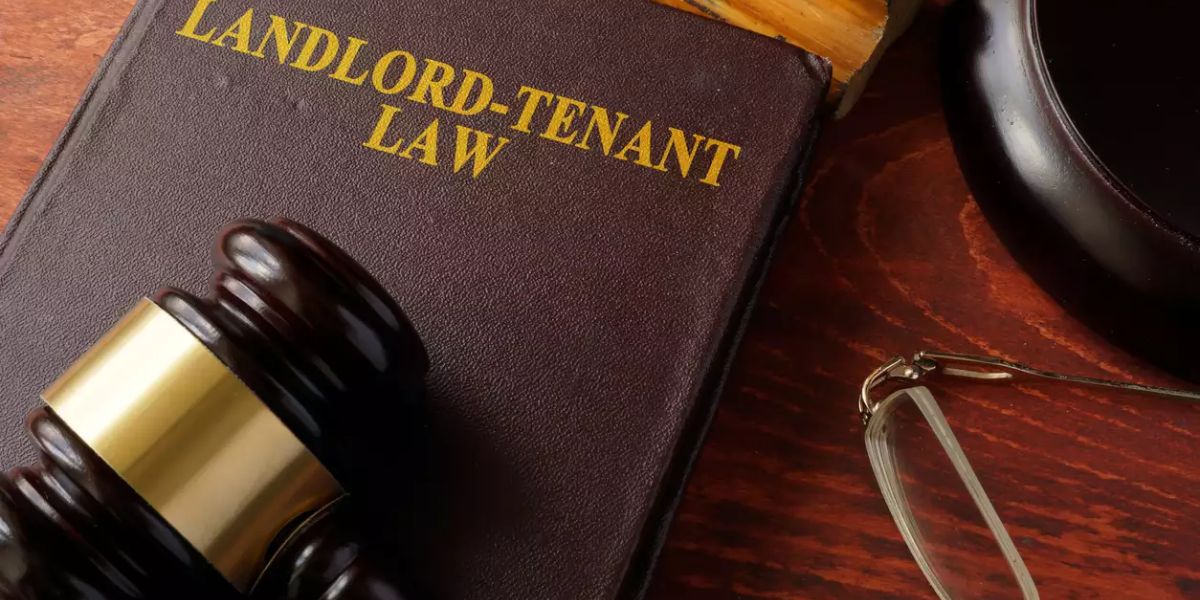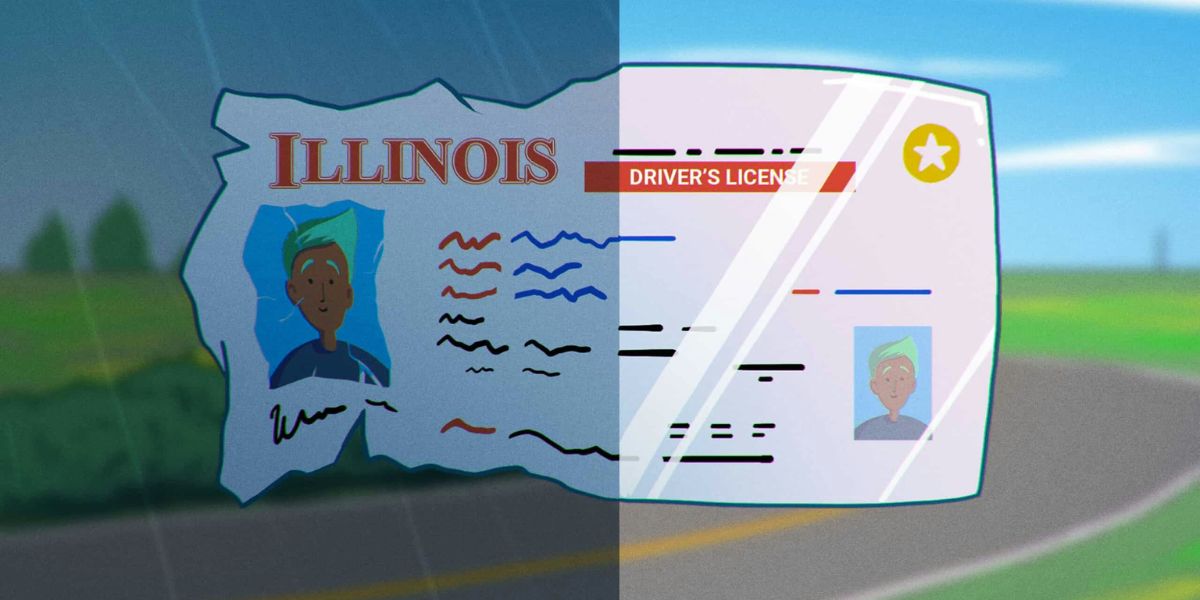Rent prices across Arizona continue to climb in 2025, especially in cities like Phoenix, Tucson, and Scottsdale. For many renters, the question isn’t just how much rent will go up—but what landlords are legally allowed to do. Whether you’re a longtime tenant or just signed a lease, understanding Arizona’s rent increase laws and your rights as a renter is essential in today’s market.
Below, we break down Arizona’s rent laws for 2025, including notice requirements, limits (if any), and protections under fair housing laws.
Is There a Limit to Rent Increases in Arizona?
Arizona does not have state-imposed rent control laws. This means:
- Landlords can increase rent by any amount they choose, as long as they follow proper legal procedures.
- Cities and counties are prohibited from enacting their own rent control ordinances under Arizona state law.
So, while other states may limit how much rent can be raised per year, Arizona does not cap increases—even in high-demand areas.
How Much Notice Must Landlords Give?
The amount of notice your landlord must provide depends on the type of lease:
| Type of Lease | Minimum Notice for Rent Increase |
|---|---|
| Month-to-month lease | 30 days in writing |
| Fixed-term lease | No increase until renewal date |
If you’re on a month-to-month lease, your landlord must give you at least 30 days written notice before increasing rent. However, if you’re in a fixed-term lease (like a 12-month lease), your rent cannot be raised until your lease ends or is renewed.
What If You Don’t Agree to the Rent Hike?
If you’re on a month-to-month lease and your landlord gives notice of a rent increase:
- You have the option to accept the new rent.
- Or, you can choose to vacate before the increase takes effect.
With fixed leases, you have more protection until the lease expires. However, if you choose to renew, landlords may propose a new rental amount at that time.
Can Rent Be Raised in Retaliation?
Arizona law protects tenants from retaliatory rent increases. For example:
- If you file a complaint with a housing authority.
- If you report unsafe conditions.
- If you join a tenant union or organize other renters.
In these cases, a landlord cannot legally raise your rent in response. If they do, you may have grounds to challenge the increase in court.
Fair Housing and Discrimination Protections
Under both federal and Arizona state law, it is illegal for landlords to raise rent based on discriminatory reasons, such as:
- Race or ethnicity
- Religion
- National origin
- Gender or sexual orientation
- Disability
- Family status (having children, being pregnant, etc.)
If you suspect a rent increase is tied to any form of discrimination, you can file a complaint with the Arizona Attorney General’s Office or the U.S. Department of Housing and Urban Development (HUD).
Local Trends: Arizona’s Rising Rental Market
According to rental data from early 2025, average rents in Arizona have continued to rise:
- Phoenix: Median rent for a 1-bedroom unit now exceeds $1,600/month.
- Tucson: Up nearly 10% year-over-year.
- Flagstaff: Limited housing supply has led to increased demand and prices.
This ongoing surge highlights the importance of knowing your lease terms and monitoring any notices you receive from your landlord.
How to Protect Yourself as a Renter in 2025
Here are some steps you can take to avoid surprises and protect your rights:
- Always get agreements in writing: Verbal promises about rent won’t hold up if not included in your lease.
- Request receipts for rent payments: Especially when paying cash or money orders.
- Review your lease before renewing: Check for clauses about automatic increases or terms that change.
- Keep records of communication: Save texts or emails related to rent discussions.
- Know your rights: Read the Arizona Residential Landlord and Tenant Act or seek assistance from local housing agencies.
Final Thoughts
While Arizona landlords have wide latitude to raise rents in 2025, tenants still have legal protections—especially regarding notice periods, retaliation, and discrimination. As housing affordability becomes an increasing concern across the state, renters must stay informed, proactive, and ready to assert their rights when needed.
Whether you’re signing a new lease or facing a rent hike, understanding the rules gives you a stronger footing in today’s competitive rental market. Knowledge, after all, is your best defense.




